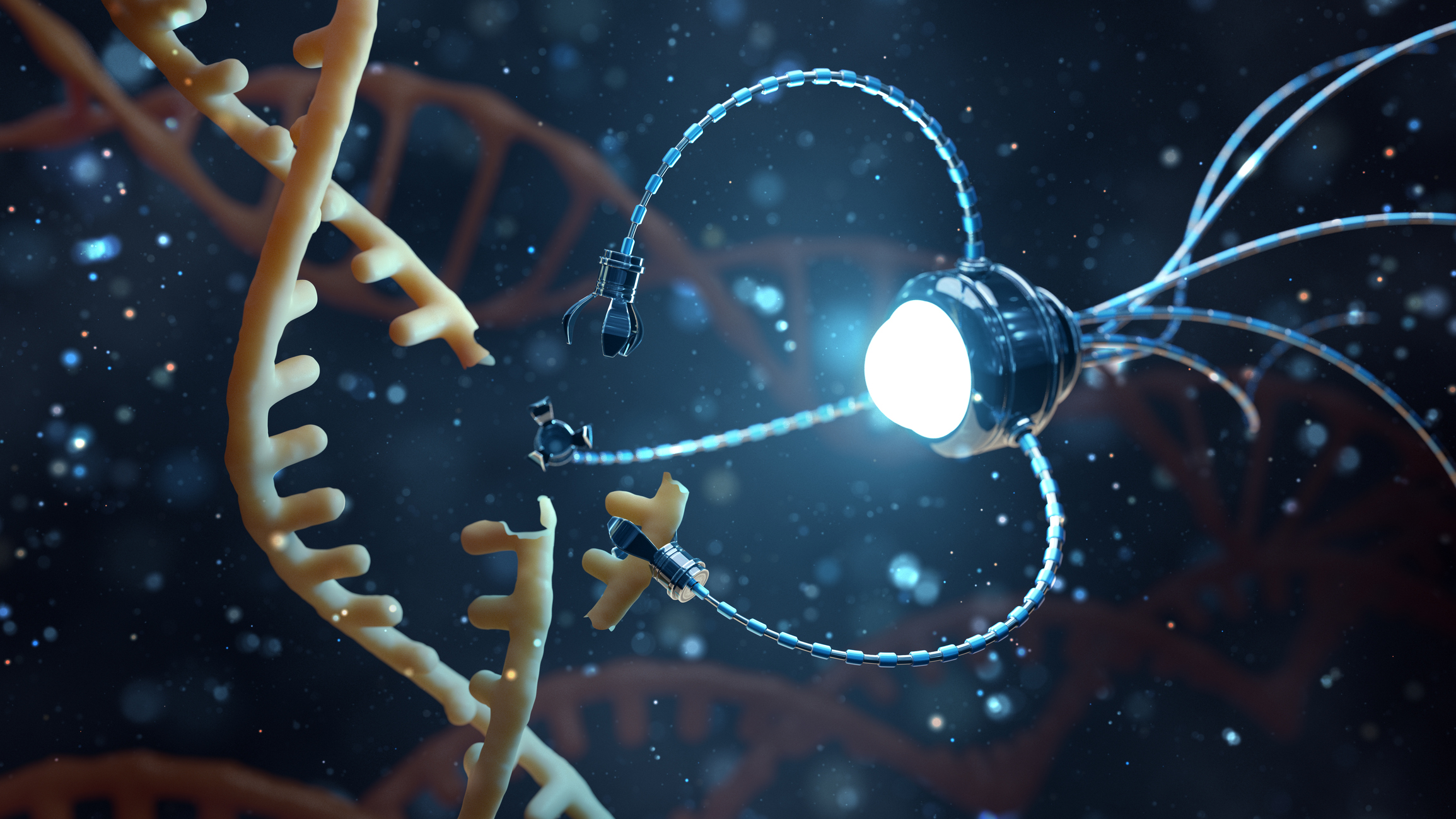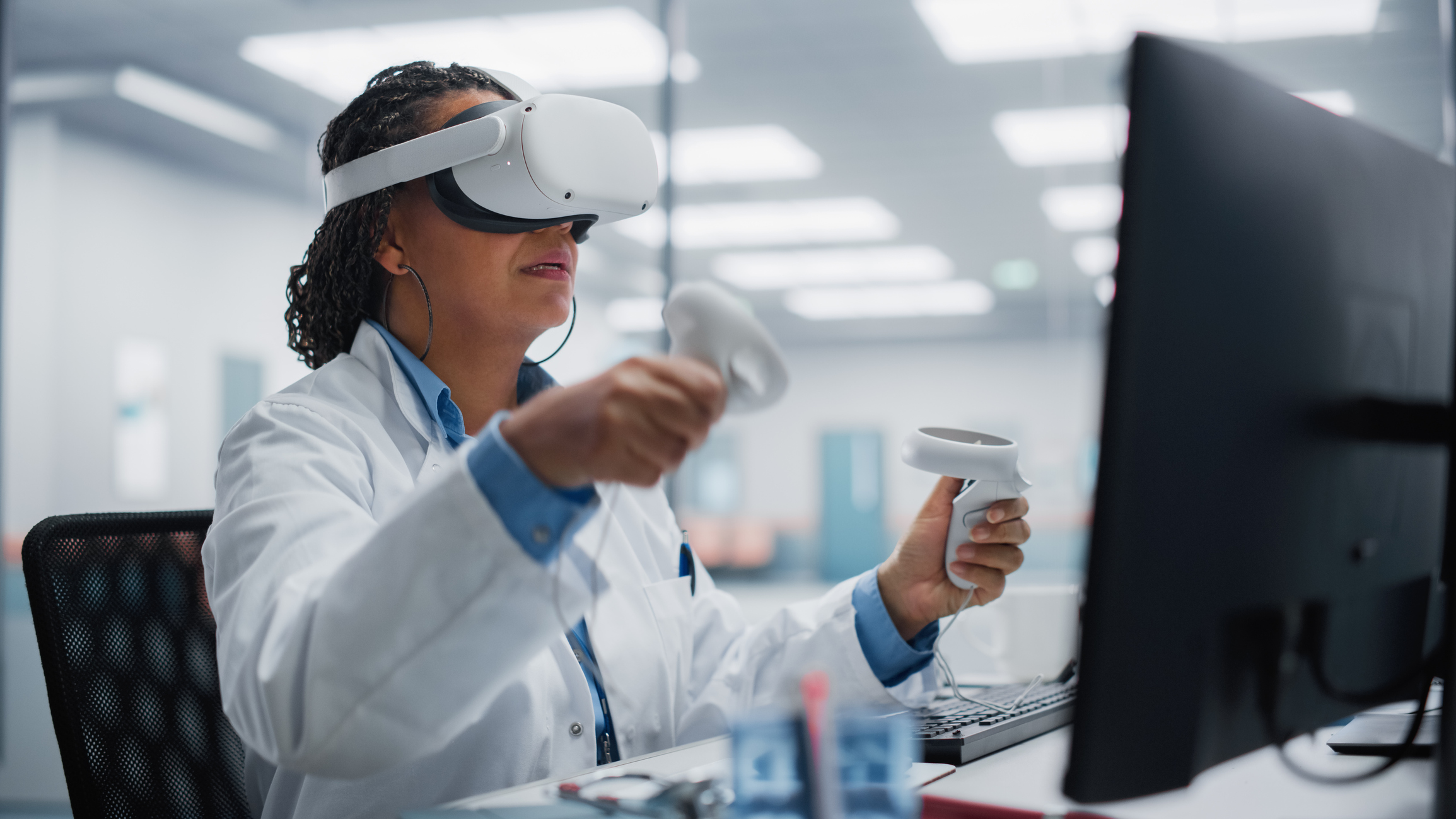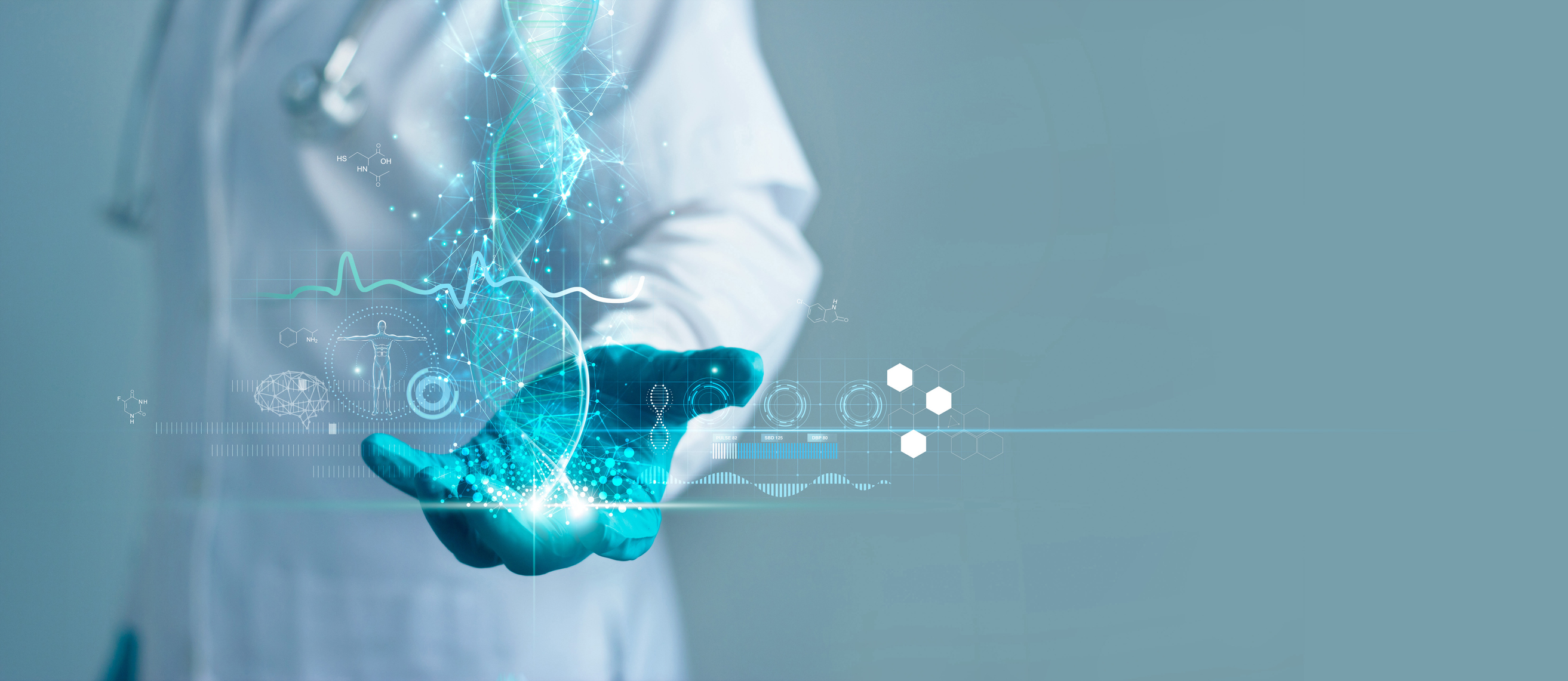We often mourn the negative consequences of the COVID-19 lockdowns, and without a doubt there were many. At the same time we fail to reflect on the handful of positives. The pandemic taught us to not take our loved ones for granted. We relearnt how to use our imaginations to survive boredom. We were tutored in the art of the dreaded Zoom quiz!
We were reminded of the bravery and importance of the people who care for us in doctor’s surgeries, on hospital wards, in care homes and out in the wider community. Better late than never. We also saw a global response to a global threat with the rapid development and distribution of various vaccines.
The COVID-19 pandemic forced us to rethink public healthcare, and the last few years have seen major advancements internationally in medical technology. Affari Media has a proven record when it comes to delivering bespoke experiences designed to engage audiences and inform them about the benefits of medical innovation, and yet we still find the latest advancements in medical tech as awe-inspiring as you no doubt will after reading this blog post!
Technological Breakthroughs In Medicine
Various technological breakthroughs being applied in the medical profession and the pharmaceutical industry are transforming our approach to healthcare. The potential applications of nano-technology alone are jaw-dropping.
Nanomedicine could revolutionise our experience of healthcare with nano drug delivery, new diagnosis techniques, speedier wound healing, and antimicrobial treatments. Researchers are developing these technologies right now, and nanorobots are currently in the concept and design phase – in the future diseases like cancer could be treated by nanorobots targeting specific cells within the body.

Organ transplantation is an idea we’ve gotten used to in recent years, but it’s a tricky procedure and the waiting times can be excruciating (due to relying on organ donation). The introduction of artificial organs could turn the tide. Medical scientists are developing 3D-printing techniques to replicate nature and create functioning organic organs. Currently 3D-printed skin cells are being used to test cosmetics and medical treatments before human consumption. Fantastic news for everyone concerned about animal rights and welfare!
The Evolution of Open Source Software & Artificial Intelligence
Due to a decade of austerity measures, here in the UK chronic underfunding has our NHS on its knees. Waiting times in A&E have skyrocketed, the ambulance service is overwhelmed, for many treatments waiting lists are at an all time high. Nurses and doctors have been leaving the NHS in droves, and the development of smartphone applications and AI may be able to bridge part of the gap until the situation can be resolved.
Medical professionals already use smartphone applications all the time for a range of purposes, from double-checking the side effects and dosage of medicines (such as BNF) to diagnosis and prognosis of health conditions (MicroGuide).
Remote digital consultations have also come a long way, and it will likely soon become common practice to initially have a virtual consultation with a medical practitioner or doctor AI chatbot before speaking to a doctor in person. This could effectively optimise the process of triaging patients and personalising healthcare, ensuring those who need help the most urgently are prioritised. Doctors are already consulting and prescribing over the phone where possible and necessary.
Applications such as SkinVision have been successfully diagnosing skin conditions for years, detecting skin cancers earlier than would have otherwise been possible. The lives these leaps in technology have saved and will save in the future is remarkable, and extraordinarily welcome especially given how overwhelmed the health services have been in recent years.
The significant development of AI-powered vocal biomarkers will revolutionise the whole process – AI can now detect if we sound sick! Breathing patterns, coughing, and vocal patterns such as tone, pitch, rate and rhythm can be processed by AI as vocal biomarkers to determine the likelihood of certain diseases. The applications of this technology are being tested, and we may be able to diagnose Parkinson’s disease, CPD, and even PTSD and other mental health conditions using AI.

The Future of Healthcare Innovation
Thanks to the ever-increasing power of quantum computers and Machine Learning, we’re about to enter a new era of drug discovery, vaccine discovery, and pandemic management. Artificial intelligence will play a central role in predicting future pandemics, allowing us more time to implement strategies to control the situation before diseases are widely spread.
During the COVID-19 lockdowns we produced an interactive experience for Fujitsu to display their healthcare solutions. Earlier this year we delivered three projects in three weeks to market their quantum, AI, and Actylser solutions at London Tech Week. Our experience in marketing for healthcare innovation and technological breakthroughs speaks for itself. We can deliver outstanding assets to explain complex services and groundbreaking technologies to a broad range of audiences.




